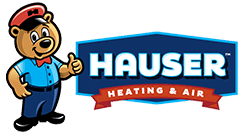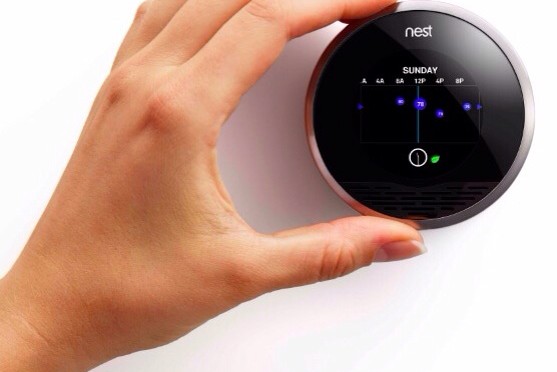1. If your A/C is not cooling enough, the easiest and most important thing you can do on your own is: check /change your filter. If this does not remedy the problem, Call for service. Note: there is a possibility that your A/C system may be doing all it can do during extreme heat conditions.
2. Air Conditioners must have a filter. The filter will be located inside your home either with the equipment or behind a grille inside your home perhaps a hallway. It is very important that the filter is changed or cleaned regularly in order to filter the air properly and prevent the indoor coil from getting dirty. 1″ filters=change every month; 2″ filters=change every 2 months; 4-5″ filters=change every 6-12 months. Filters will get dirtier faster if: there are multiple pets, there is a dusty outdoor environment such as dirt roads, fields, construction, etc; if carpets are infrequently vacuumed. We sell all types of filters and offer special savings on buying three. You can call the office to order yours at: (513) 777-7979. We recommend to keep them on hand to change.
3. Be sure to keep the outdoor condenser clean. This means ALL sides should have nothing clinging to them (the sides look like radiator fins or sometimes they are “spiny” looking). If you do see dirt, leaves, grass clippings, cottonwood, you can use a water hose with spray nozzle to rinse the sides off starting at the top and working your way down. Turn off the power first. We recommend having a tune up & cleaning on your A/C once a year.





